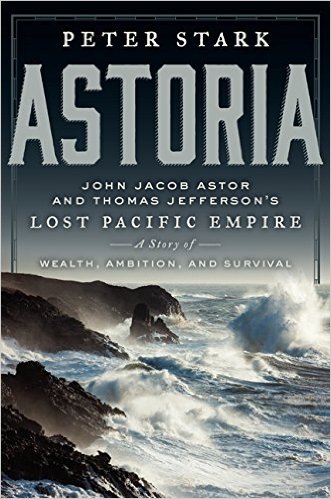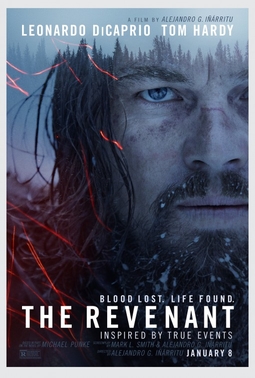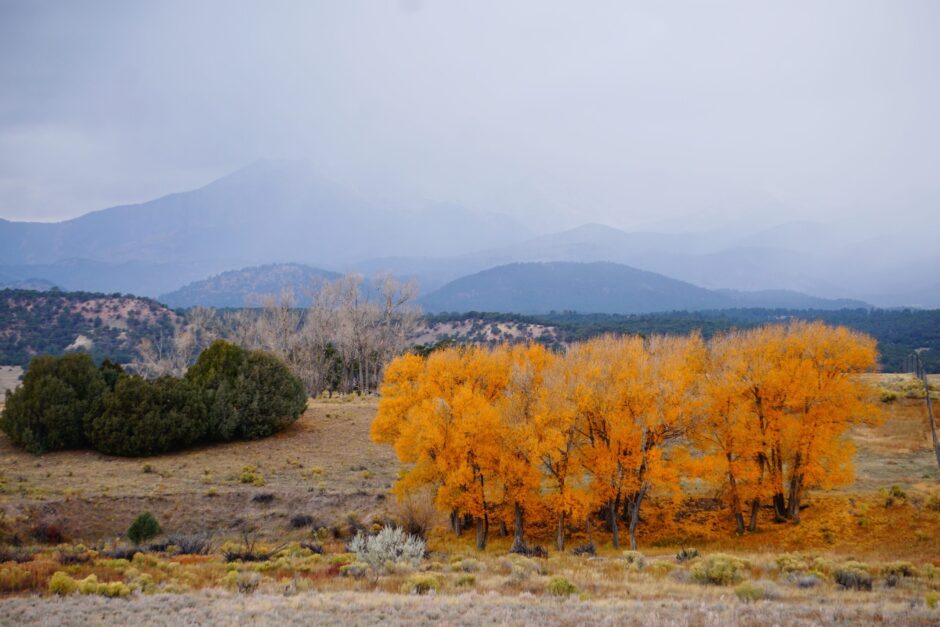So I’ve been getting caught up on some of the Oscar-bait for this year, as in watching Matt Damon’s improbable space rescue in The Martian, and seeing The Revenant in a local theater, where I laughed and made too many jokes for some of my fellow film-goers, but nobody complained. I feel slightly sorry for the (overhyped) Backcountry now, as The Revenant puts it to shame, featuring what I’d rank as the No. 1 Best All-Time Bear Attack in film. It’s so gruesome I was squirming and wincing in my seat. And the comparison of the two films: the direction of Backcountry comes across as clumsy, foretelling the bear’s attack too much, as typical of the standard horror-film cliche treatment. (Perhaps they’re all trying to follow Hitchcock’s famous advice about suspense, but few ever pull it off the way Hitchcock did.) In The Revenant, even though you know it includes a bear attack, you don’t see it coming until whammy, it’s there, in your face.
But the bear attack is just one episode of the grim, 2 1/2 hour film. An arduous experience, best lightened by humor. (At times it flirts with comparisons to Cormac McCarthy’s epic/gruesome Western, Blood Meridian.) Coincidentally, I just read a book about the early fur trade established by John Jacob Astor—Peter Stark’s Astoria (2014), which covers the period ten years before this event (The Revenant is based on the Hugh Glass historical legend), and is a terrific read. I’m a fan of the Lewis & Clark Corps of Discovery journey, and Stark’s book about Astor’s plan to found a fur-trading empire on the coast of Oregon takes place only some five-six years later.

Plus this fall I read another book about Kit Carson—David Roberts’s A Newer World: Kit Carson, John C. Fremont, and the Claiming of the American West (2000), which also deals with the “Mountain Man” era of the 1820s-40s. With this nonfiction background, I would say that the filmmakers were generally realistic. Tom Hardy’s garbled way of speaking is actually somewhat accurate, in that observers noted that Mountain Men tended to have odd speech mannerisms, from being isolated for months at a time. There’s some unrealistic “camping” details (they always seem to have fires burning without having to constantly feed them wood), and Leo DiCaprio would probably just freeze to death when he climbs out on that snowy bank after fleeing the Indians by swimming a river in winter, but that’s beside the point.
Of the three films—the two others being The Martian and Backcountry—yes, The Revenant is the best, though I suppose I’d rate all three as being worth watching. I don’t know if I’d say The Revenant is Best Picture good, but it is so grim it’s almost funny. I was cracking jokes with a friend in the theater and laughing at inappropriate times. At one point DiCaprio crawls out of a dead horse’s corpse, gets dressed, and walks away, and I quipped, “Just another day at the office.”

